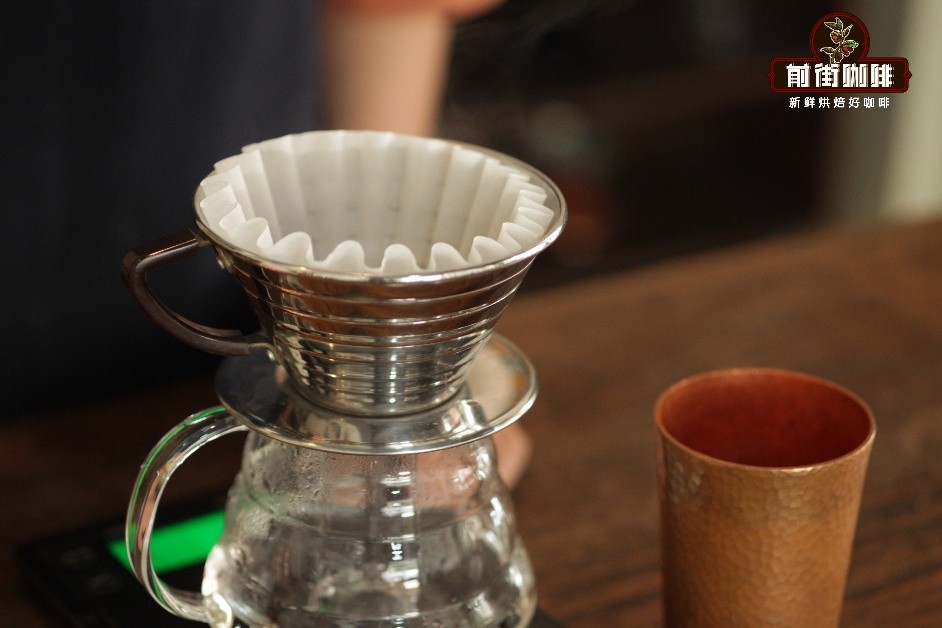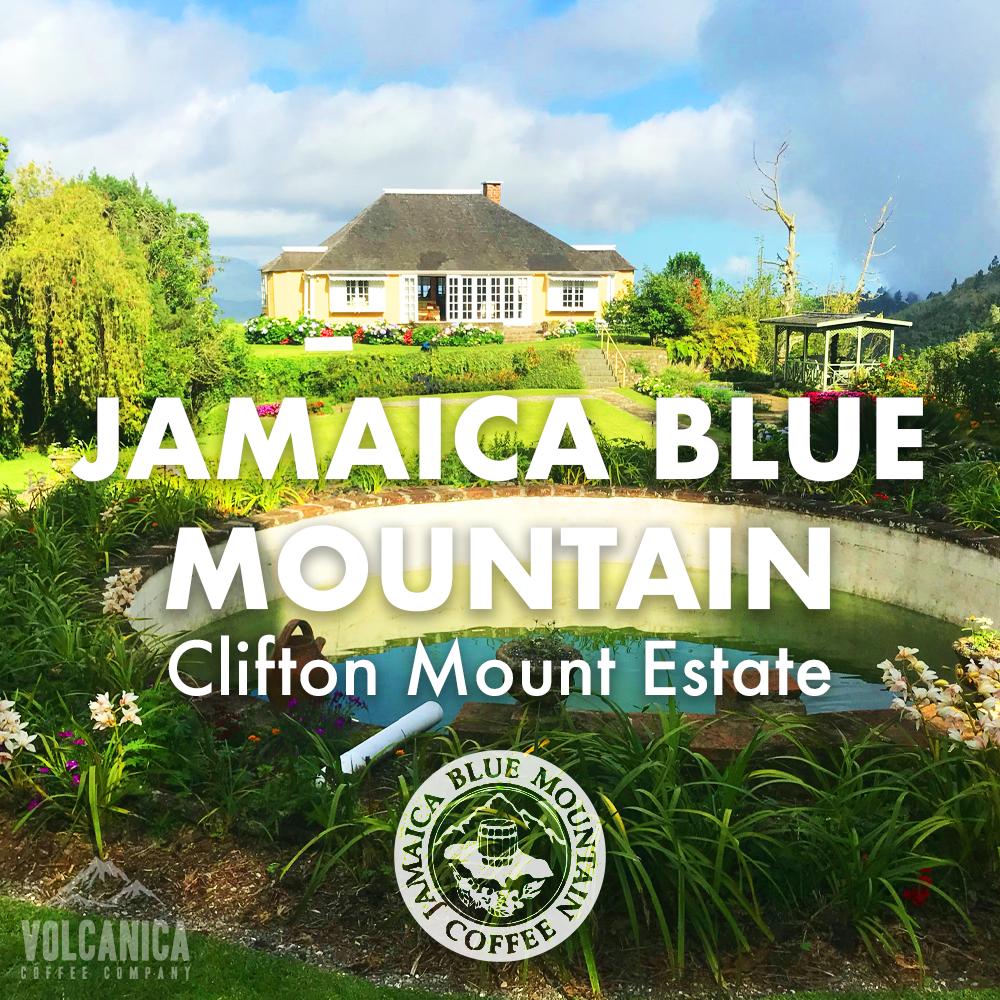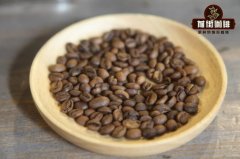Coffee Champagne-Jamaican Blue Mountain Coffee Clifton Blue Mountain Coffee Historical Story growing Environment characteristics
There are always guests in the Blue Mountain Coffee Shop in Jamaica who ask for a cup of Blue Mountain Coffee and feel confident that Blue Mountain Coffee is the best coffee. The best coffee = Blue Mountain Coffee can't be so absolute, but it's not a bad thing, at least it proves that Blue Mountain Coffee is famous, and it deserves the title.

The blue mountain coffee on the front street has the perfect balance of acidity, mellow thickness and aroma. His acidity is bright and delicate, and the taste is smooth. With floral, spicy, and citric acid tonality, the mouth will have a cocoa aftertaste. The taste is very clean, complex, very mild, chocolate sweet, very mellow. The taste is full-bodied and mellow. the sweet, sour and bitter taste of the coffee is perfect, with no bitterness at all, only a moderate and perfect sour taste, and a long-lasting fruit sweetness in the finish.
The blue mountain coffee on the front street is from Clifton Manor. Clifton Hill Manor is the oldest continuous coffee estate in Jamaica and is famous for producing the finest boutique coffee. The farm with an elegant mansion is located in the Newcastle area of the island, on the eastern slope of Mount Catherine at an altitude of 1300 meters. Clifton Mount has been producing high-quality coffee beans since the 1790s. In the past few years, Clifton Hill Manor has upgraded its status to become the premier estate in Jamaica, producing Jamaican Blue Mountain Coffee.
For more than a hundred years, Jamaican Blue Mountain Coffee has been the most precious coffee in the world and the most expensive. Moreover, it is considered by world coffee experts to have all the characteristics of perfect balance in the cup.

So what is the history and background of Blue Mountain Coffee?
Jamaican Blue Mountain Coffee can be claimed to have originated from the decision of the king of France in the 18th century. In 1723, King Louis XV sent three coffee plants to another lush, fertile island in the French colony of Martinique, 1900 kilometers southwest of Jamaica. Five years later, in 1728, the Governor of Jamaica, Sir Nicholas Sir Nicholas Lawes, received a gift from a coffee factory from the Governor of Martinique. The rest is history.
From that Arabica coffee tree, a delicate kind of coffee was introduced to the world. This plant was cultivated and planted in a plantation. Within nine years, the first batch of coffee was exported and the Jamaican coffee industry was born.
Arabica Coffee likes the soil rich in nitrogen and phosphorus in Jamaica, and there is no better place than the steep elevation of the Blue Mountains. Blue Mountain is located in the north of Kingston on the east side of the island, 2350 meters above sea level. The coffee beans planted are mainly Arabica iron pickup (Arabica Typica). The Blue Mountain Coffee on the front street is also made from tin card.
Volcanic soil
Coffee thrives in fertile volcanic soil, regular rainfall and, most importantly, under the island's misty clouds. The combination of all these factors gives the coffee an extraordinary sweetness and aroma, rich flavor, rich and moderate acidity.
To be called Jamaican Blue Mountain Coffee, it must be grown up to 1800 meters above sea level in the parishes of Portland, St. Andrew, St. Mary and St. Thomas; it includes an area of about 6000 hectares-the size of a large estate in a high-yielding coffee-growing country. Blue Mountain Coffee cultivation is characterized by most of the small farms with an area of 4 hectares, but there are also larger estates with an area of 70 hectares. There are about 15000 small owners and estates.
Coffee, champagne.
The result is what many people think is the best coffee and "champagne in coffee". Just like France's Champagne of Origin Control, the planting sites of authentic champagne grapes are strictly controlled, so is the growing area of Jamaican Blue Mountain coffee plants.
In fact, the region is relatively small, with exportable annual production ranging from 400m to 1000 tonnes, which is small by world standards, equivalent to 0.1 per cent of Colombian production, or, in other words, three hours of Colombian production!
Important Notice :
前街咖啡 FrontStreet Coffee has moved to new addredd:
FrontStreet Coffee Address: 315,Donghua East Road,GuangZhou
Tel:020 38364473
- Prev

Introduction of Coffee Bean species in Candle Manor, Costa Rica characteristics of hybrid coffee beans of Kaddura and Kaduai
In front of the street, there is a Costa Rican coffee from Rose Summer Coffee from small Candle Manor. About the story about small Candle Manor, you can look for our previous article. Although there is only rosy summer coffee from Candle Manor in front of the street, there are actually other varieties of coffee in Candle Manor. In front of the street, let's take a look at the other kinds of coffee beans in Candle Manor. Caturra coffee variety from Sao Paulo, Brazil
- Next

What is Blue Mountain Coffee? How does Blue Mountain Coffee taste for whom?
Even if you know nothing about coffee, have you ever tried Blue Mountain Coffee yourself, but you must have heard of the name Blue Mountain Coffee! Some coffees are overvalued but others are worth every penny or more. Blue Mountain is one of the latter. Jamaica Blue Mountain Coffee is one of the main representatives of fine coffee and has grown to be
Related
- Detailed explanation of Jadeite planting Land in Panamanian Jadeite Manor introduction to the grading system of Jadeite competitive bidding, Red bid, Green bid and Rose Summer
- Story of Coffee planting in Brenka region of Costa Rica Stonehenge Manor anaerobic heavy honey treatment of flavor mouth
- What's on the barrel of Blue Mountain Coffee beans?
- Can American coffee also pull flowers? How to use hot American style to pull out a good-looking pattern?
- Can you make a cold extract with coffee beans? What is the right proportion for cold-extracted coffee formula?
- Indonesian PWN Gold Mandrine Coffee Origin Features Flavor How to Chong? Mandolin coffee is American.
- A brief introduction to the flavor characteristics of Brazilian yellow bourbon coffee beans
- What is the effect of different water quality on the flavor of cold-extracted coffee? What kind of water is best for brewing coffee?
- Why do you think of Rose Summer whenever you mention Panamanian coffee?
- Introduction to the characteristics of authentic blue mountain coffee bean producing areas? What is the CIB Coffee Authority in Jamaica?

